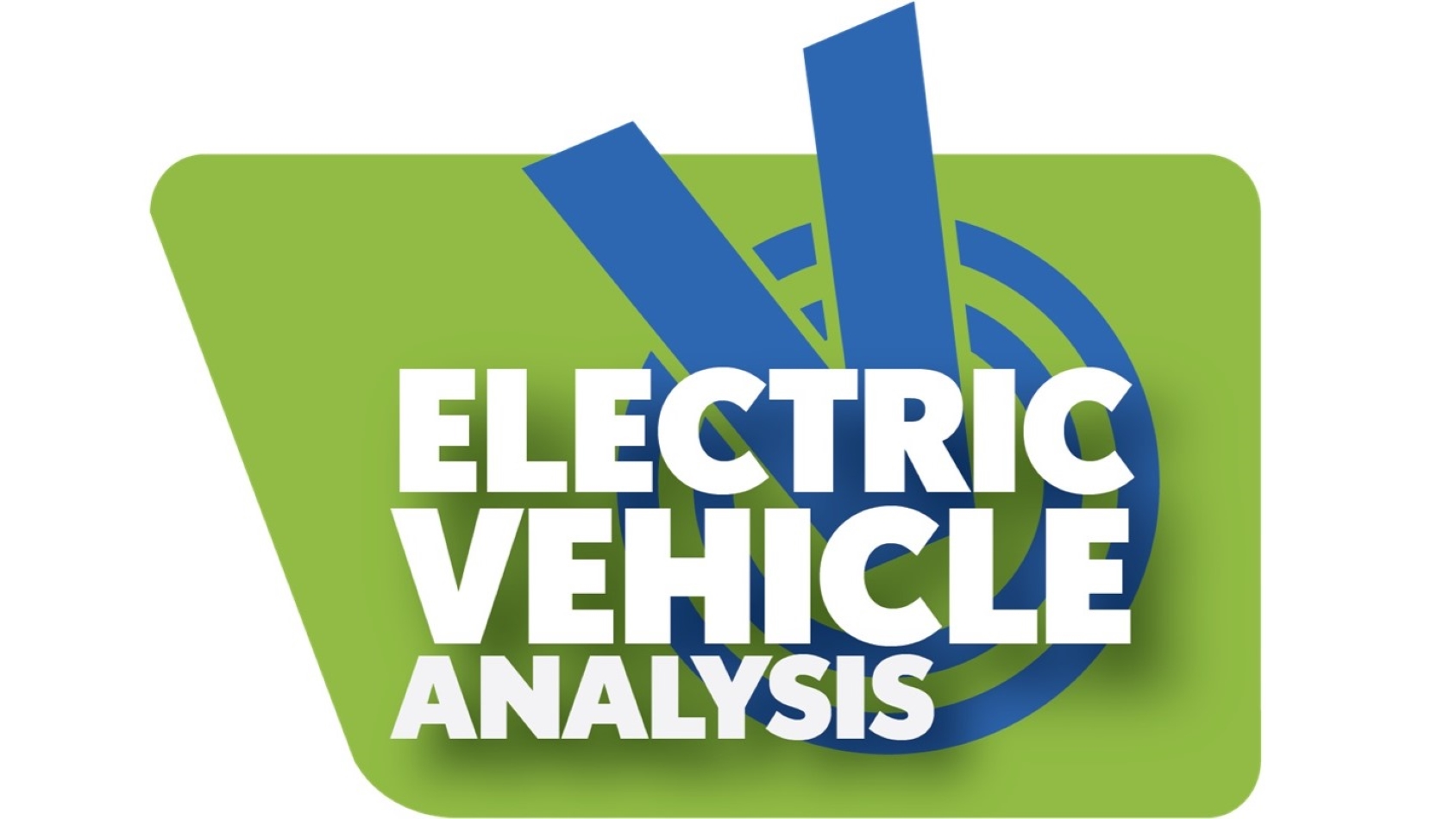Study finds 44% of EVs cost less to own than a comparable gas vehicle

Image courtesy of Vincentric.
By subscribing, you agree to receive communications from Auto Remarketing and our partners in accordance with our Privacy Policy. We may share your information with select partners and sponsors who may contact you about their products and services. You may unsubscribe at any time.
Do electric vehicles really offer a lower cost of ownership than gas-powered vehicles?
According to a new study by Vincentric, that’s true for less than half of EVs.
The automotive data firm’s 2025 Electric Vehicle Cost of Ownership Analysis found 44% of the 54 EV models studied had a lower total cost of ownership over five years than a similarly equipped gasoline alternative — a drop from 49% in the 2024 study.
The study analyzed eight cost factors to calculate vehicle cost of ownership: depreciation, fees and taxes, financing, fuel, insurance, maintenance, opportunity cost and repairs.
Overall, EVs did better in three of those categories, with fuel costs — not surprisingly — ranking as their biggest advantage. The study showed electricity costs for all 54 EVs was lower than the gas cost for their internal combustion engine alternatives, with an average savings of more than $7,500.
EVs also had the advantage in maintenance costs, with almost 80% of the models costing less to maintain than gas vehicles over the study’s five-year timeframe, and opportunity costs, in which more than two-thirds of EV’s did better.
Subscribe to Auto Remarketing to stay informed and stay ahead.
By subscribing, you agree to receive communications from Auto Remarketing and our partners in accordance with our Privacy Policy. We may share your information with select partners and sponsors who may contact you about their products and services. You may unsubscribe at any time.
On the downside, depreciation was the largest EV disadvantage, as just 9% of the EVs analyzed showed lower depreciation costs than their ICE alternative, a huge drop from 24% in 2024.
The study called that “a major hit against EVs,” noting depreciation is “the most significant factor in a vehicle’s cost of ownership.” It accounts for about 52% of total ownership costs for EVs and 43% for gas vehicles.
The difference, Vincentric said, was caused in large part because 44 of the 54 EVs studied (81%) had a higher purchase price than their gas-powered counterpart, and because only five of them qualified for the $7,500 federal point-of-sale rebate for purchasing electric vehicles. That’s actually up from three the previous year.
Vincentric said the strict qualification criteria for the rebate has been an ongoing challenge for EVs.
“The higher purchase price of EVs can be a major factor in consumers’ hesitance to switch to electric,” Vincentric president David Wurster said. “While our latest analysis of EVs in America has shown some decreases in cost-effectiveness from last year, the 2025 study still found 44% of EVs cost less to own over five years than a comparable gas vehicle.
“That means despite the often higher up-front cost, a wide variety of EVs can still save buyers money over a gasoline-powered car.”
The study also examined the environmental cost of ownership of the vehicles, comparing the environmental impact of EVs versus driving an ICE vehicles.
While it found EVs do create greenhouse gas emissions from electricity production on average over five years EVs reduce CO2 emissions by more than 4.4 metric tons, NOX emissions by more than 2.3 metric tons and VOC emissions by more than 1.7 metric tons.
The Vincentric analysis assumed all vehicles were driven 15,000 miles per year over the next five years. Results were based on federal point-of-sale rebate qualifications and vehicle pricing as of March 11, 2025.
The full study is available for purchase here.


